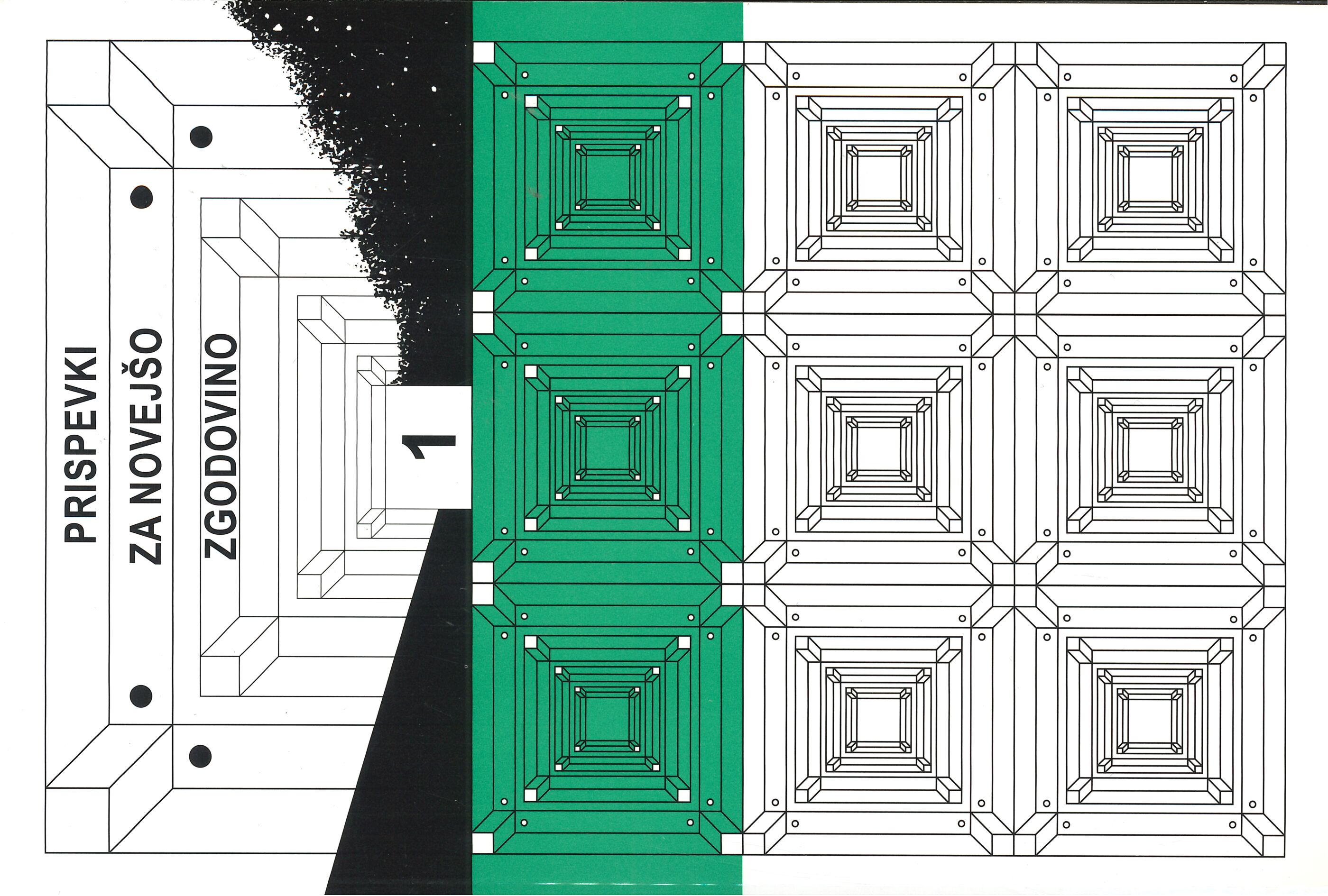When Opposition Takes the Initiative and Communists Fall from Power (1987–1990)
Keywords:
Slovenia, politics, democracy, democratisation, authority, opposition, political parties, Demos, electionsAbstract
The author analyses the relations between the existing authorities and the nascent opposition or alternative since the release of 57th issue of Nova revija (February 1987) until the first free and democratic elections (April 1990). The events pointing at the classic rivalry between the authorities and opposition were plentiful, from the Trial against the Four to the writing of documents about what Slovenians wanted (declarations). However, without a doubt it all began with the constitutional amendments to the Federal Constitution, resisted especially by the representatives from the cultural circles. The alternative and then the organised opposition (organised as parties) only became a legitimate player in the political field in the autumn of 1989 when the Party descended from power. Despite what were considerably unequal conditions in the election campaign (media, financing, organisation), the alternative also won the democratic elections with its resolute arguments for the Slovenian independence.
Downloads
Published
Issue
Section
License
Authors who publish with this journal agree to the following terms:
- Authors retain copyright and grant the journal right of first publication with the work simultaneously licensed under a Creative Commons Attribution License that allows others to share the work with an acknowledgement of the work's authorship and initial publication in this journal.
- Authors are able to enter into separate, additional contractual arrangements for the non-exclusive distribution of the journal's published version of the work (e.g., post it to an institutional repository or publish it in a book), with an acknowledgement of its initial publication in this journal.
- Authors are permitted and encouraged to post their work online (e.g., in institutional repositories or on their website) prior to and during the submission process, as it can lead to productive exchanges, as well as earlier and greater citation of published work (See The Effect of Open Access).


